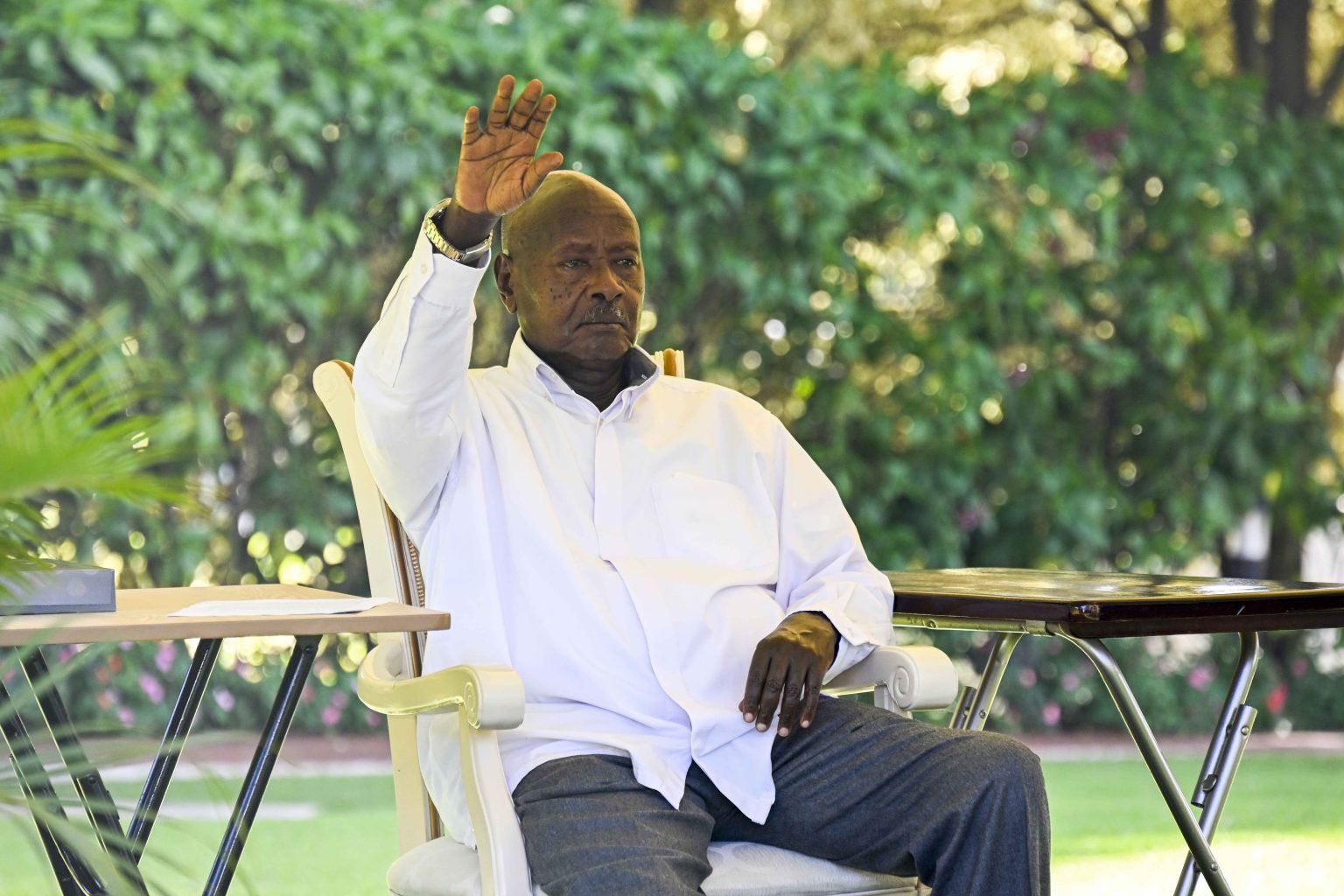President Yoweri Museveni recently engaged with leaders of various traders’ groups across Uganda to address concerns regarding taxation in the country.
During the meeting held at State House Entebbe on February 19th, President Museveni shared insights on how to raise revenue and discussed issues related to tax exemptions.
In a statement widely circulated through mainstream and social media platforms, President Museveni outlined strategies to enhance revenue generation while also delving into the matter of tax exemptions.
The meeting followed a strike by traders who temporarily closed their businesses in protest against the implementation of the Electronic Fiscal Receipting and Invoicing Solution (EFRIS) by the Uganda Revenue Authority (URA).
President Museveni began his statement by acknowledging the historic significance of the discussions, particularly in the context of breaking free from colonial and neo-colonial economic dependencies.
He emphasized the importance of adding value to Uganda’s raw materials to maximize benefits for the country, citing examples such as fish processing, maize milling, sugar production, and other industries that have created significant employment opportunities.
Addressing concerns raised by traders, President Museveni clarified that not all sectors are taxed, highlighting exemptions for certain agricultural products and exports.
He explained that taxation primarily targets imported consumer goods and luxury items, aiming to encourage domestic production and consumption of locally manufactured products.
President Museveni also cautioned against the potential pitfalls of turning East and Central Africa into a dumping ground for foreign goods, stressing the need for the region to develop its own industrial capacity.
He urged traders to prioritize the interests of their country over foreign interests, emphasizing the importance of supporting local industries and reducing dependence on imports.
Responding to proposals to make Uganda a re-export hub like Dubai, President Museveni emphasized Uganda’s potential to become a global industrial powerhouse by leveraging its abundant natural resources and skilled workforce.
He underscored the importance of indigenous wealth creation practices and highlighted various sectors, including agriculture, fisheries, and traditional crafts, as sources of potential economic growth.




















